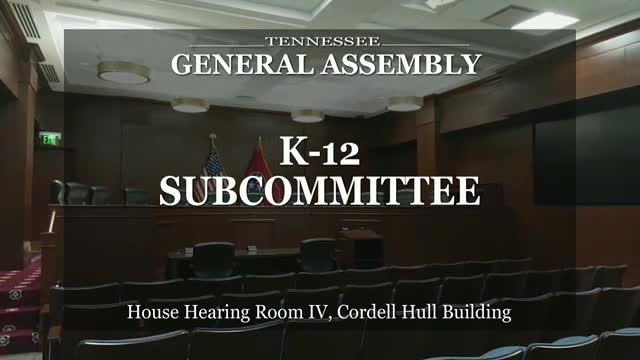Article not found
This article is no longer available. But don't worry—we've gathered other articles that discuss the same topic.
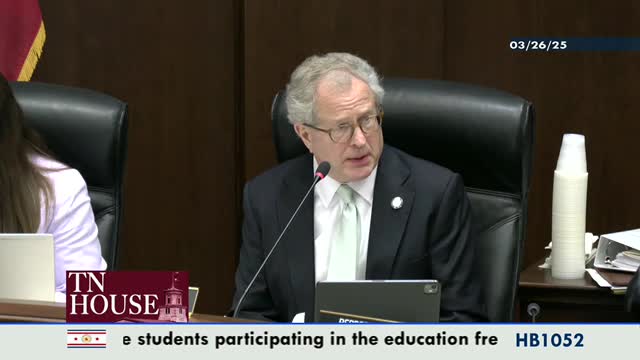
Committee agrees to seek annual voucher participation data; bill rolled to next year’s calendar
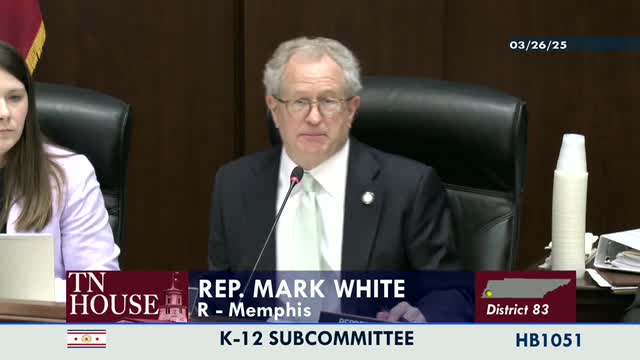
Committee rejects bill to roll back aspects of Age Appropriate Materials Act
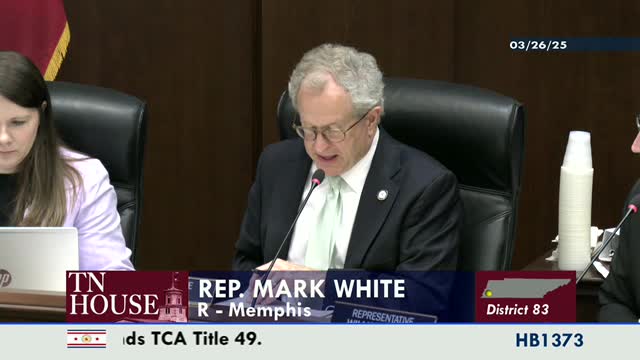
Committee approves permanent school turnaround program, expands eligible schools
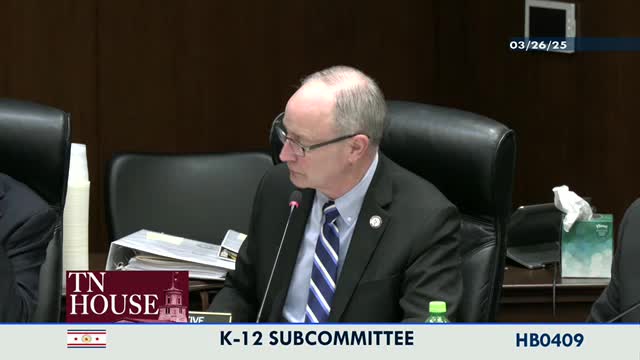
Committee rejects expansion of education savings accounts to four additional counties
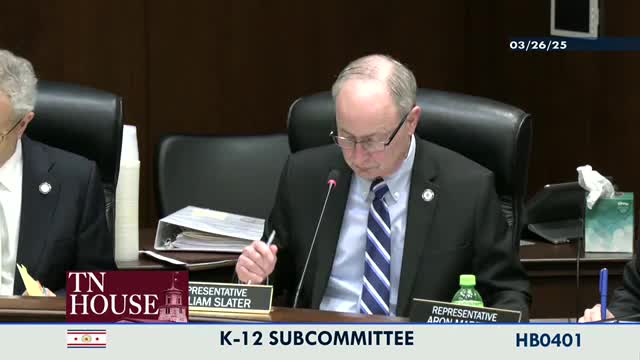
Committee advances bill to seek funding for special-education pre-K services
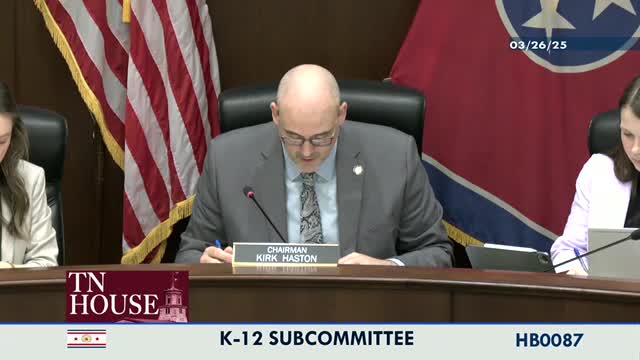
Committee advances bill protecting learning pods for homeschool families
